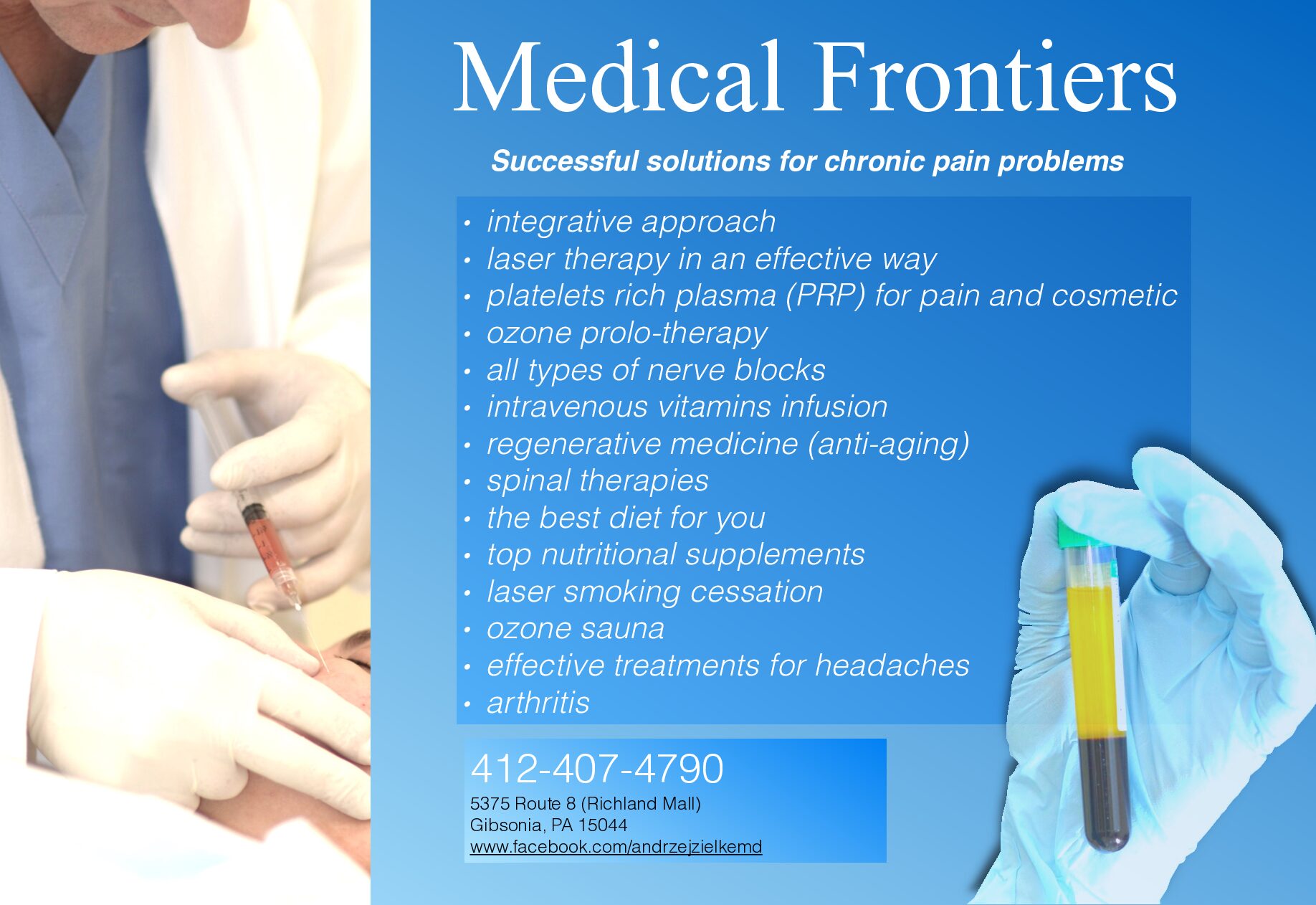It has been a while since the supplementation with antioxidants was discovered to be beneficial to our health because antioxidants consume free radicals that are produced when cells are subjected to oxidative stress. Free radicals induced oxidation is harmful and causes direct damage to enzymes, proteins, cell membranes, DNA and even may lead to cell death.
To protect cells from free radicals, our cells are equipped with antioxidant systems that include superoxide dismutase, catalase, and glutathione. If the anti-oxidant system became depleted, cellular injury occurs. A classic example is acute liver necrosis after injections of high dose Tylenol that depletes glutathione.
Recently, however, new “theology” has emerged that “preaches” “oxidative medicine” in the context that oxidation is something good for us. I have heard statements suggesting just that on radio and read them on health blogs. I think it is because oxygen is understood as something very desirable and surly we cannot survive without oxygen.
So, we have hyperbaric chambers, oxygen peroxide infusions, or ozone therapies. At the same time, some doctors practicing “oxidative medicine” no longer recommended antioxidants.
We know from biochemistry that oxidation is a process that consumes electrons and reduction (antioxidants) contributes electrons. So, these two reactions are entirely opposite to each other and it is obvious that both cannot be good at the same time.
So, if antioxidants are beneficial to our health, does the “oxidative medicine” has any merit? The misunderstanding is in the wording and how “oxidative medicine” really works, because it has nothing to do with oxidation.
Oxidation (removal of electrons from tissue) is harmful with one exception which is the use of oxidative agents in the treatment of cancer. Cancer cells very poorly handle oxidation stress for they lack superoxide dismutase (antioxidant system) that is present in normal cells. Consequently, cancer cells can be selectively targeted for destruction without causing any harm to normal cells.
So, unless our goal is to cause cellular death, we want to avoid oxidation. This should not be confused with oxygenation which means delivery of oxygen to cells for normal metabolic processes which is essential for life.
Can the administration of oxidative agent be beneficial at all? The answer, in capital letters is YES. Injection of small concentrations of ozone (ozone prolo-therapy) or hydrogen peroxide given intravenously in small amounts creates a powerful stimulus for the body to respond with the wave of antioxidants which stimulates immune system responsible for healing and regeneration. Anti-oxidants can also be added to such therapies to enhance the effect.
In effect “oxidative medicine” has nothing to do with oxidation and the term should be changed because is misleading. Administration of oxidative agents actually increases antioxidant capacity of the cells. If oxidation was desirable giving more would be better than less, instead, doctors must be very careful when giving oxidants not to overwhelm antioxidants capacities of the cells at the risk of causing harm.
Why we need antioxidants?
They are two types of metabolic processes in the body one that requires energy and second that produces energy that is stored in a compound known as adenosino-tri-phosphate (ATP). The production of ATP requires oxygen and high energy electrons. These processes of energy exchange produce a lot of free radicals. As I mentioned, free radicals consume (steal) electrons from other molecules causing damage to enzymes and proteins. Antioxidant systems attenuate the free radicals. Under high oxidative stress, however, our inert antioxidant systems may become depleted and are no longer able to protect cells. That’s why it is important to supplement with antioxidants.
Depletion of electrons leads to degeneration, disease, and aging. Therefore, good medicine would increase the number of electrons in our bodies, and poison would steal the electrons.
Unfortunately, in vain one would ask a doctor for prescription medication that would be an electrons donor. They all steal electrons. Probably the biggest offenders are chemotherapy drugs that are so toxic that even a healthy person would get sick not to mention cancer patients who are already under a lot of oxidative stress.
Common sources of oxidative stress:
- normal metabolism produce free radicals but easily handled by cells themselves
- cigarette smocking
- excess of sugar
- animal protein in diet
- excessive exercise
- air and water pollutants
- pesticides, herbicides
- food additives
- household chemicals
- chlorinated water
- radiation exposure
- psychological stress
- chronic and acute disease and cancer
- pharmaceuticals
Antioxidants:
Almost all antioxidants come from plants. That’s why the best diet is rich in fruits and vegetables. Animal proteins are a source of free radicals and produce oxidation especially meat well done on barbecue. Research showed that eating a steak increases oxidation parameters when measured in a blood sample taken one hour after a meal that was completely attenuated when one half of avocado fruit was added to the dish.
We all have seen antioxidant properties of avocado cutting the fruit in half and leaving to open air for few hours. From beautiful green color, it becomes dark and black. This is because it donates electrons to oxygen in the air. When we eat avocado fruit these free electrons are available to our bodies to combat oxidative stress. Avocado is called superfood not for nothing.
All fruits and vegetables are rich in antioxidants if prepared fresh. Canned fruits and vegetables have no nutritional value and are completely depleted of antioxidant properties.
Among many antioxidants available to us, one of the most important is Vitamin C.
Vitamin C is not only a great antioxidant but is also involved in collagen production, immune system activity and many metabolic processes of all cells including cardiovascular and nervous systems.
Natural sources rich in Vitamin C include:
- Kiwifruit – very rich in Vitamin C
- Fresh squeezed citrus fruits juice (grapefruits and oranges)
- Beets, broccoli, pepper, cantaloupe, tomatoes
- Drinks and juices pre-made and “enriched” with Vitamin C are very poor source of Vitamin C because Vitamin C easily becomes oxidized and loses activity.
Vitamin C and Intravenous Therapies
We recommend 1 to 4 grams a day of Vitamin C for prevention and double the dose in illness.
How much Vitamin C we can take orally? No more than 10 gm daily in divided doses. This is because of irritation of the stomach. Higher does require intravenous administration.
Intravenous Vitamin C flushes our cells with free electrons and increases intrinsic antioxidant systems in cells. It is also a chelation agent for heavy metals (removes heavy metals). Heavy metals load is often implicated in heart disease, cancer, or neurologic diseases.
Large doses (75 – 100 grams) of intravenous Vitamin C, can be used as supplementation to chemotherapy or radiation in the treatment of cancer.
Indications for IV Vitamin C:
- General health improvement
- Cardio-vascular disease
- Neuro-degenerative conditions
- Chronic and acute infections (Lyme disease, hepatitis c and many others)
- Heavy metals load
- Treatment of cancer in addition to other treatments
- Chronic and acute wounds including trauma and surgery
Vitamin C can be combined in infusion with other vitamins or nutraceuticals depending on the problem treated.



